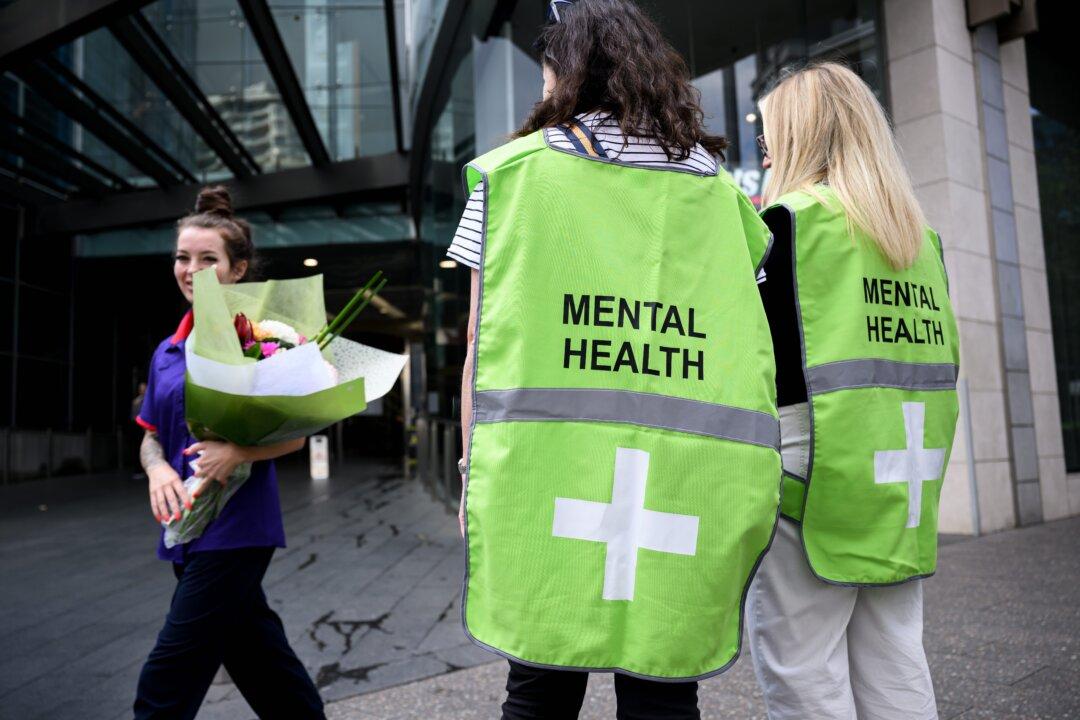WARNING: This story deals with suicide. Please see below for help and crisis information.
Concerning data has been revealed as part of World Suicide Prevention Day in Australia and New Zealand.

Concerning data has been revealed as part of World Suicide Prevention Day in Australia and New Zealand.